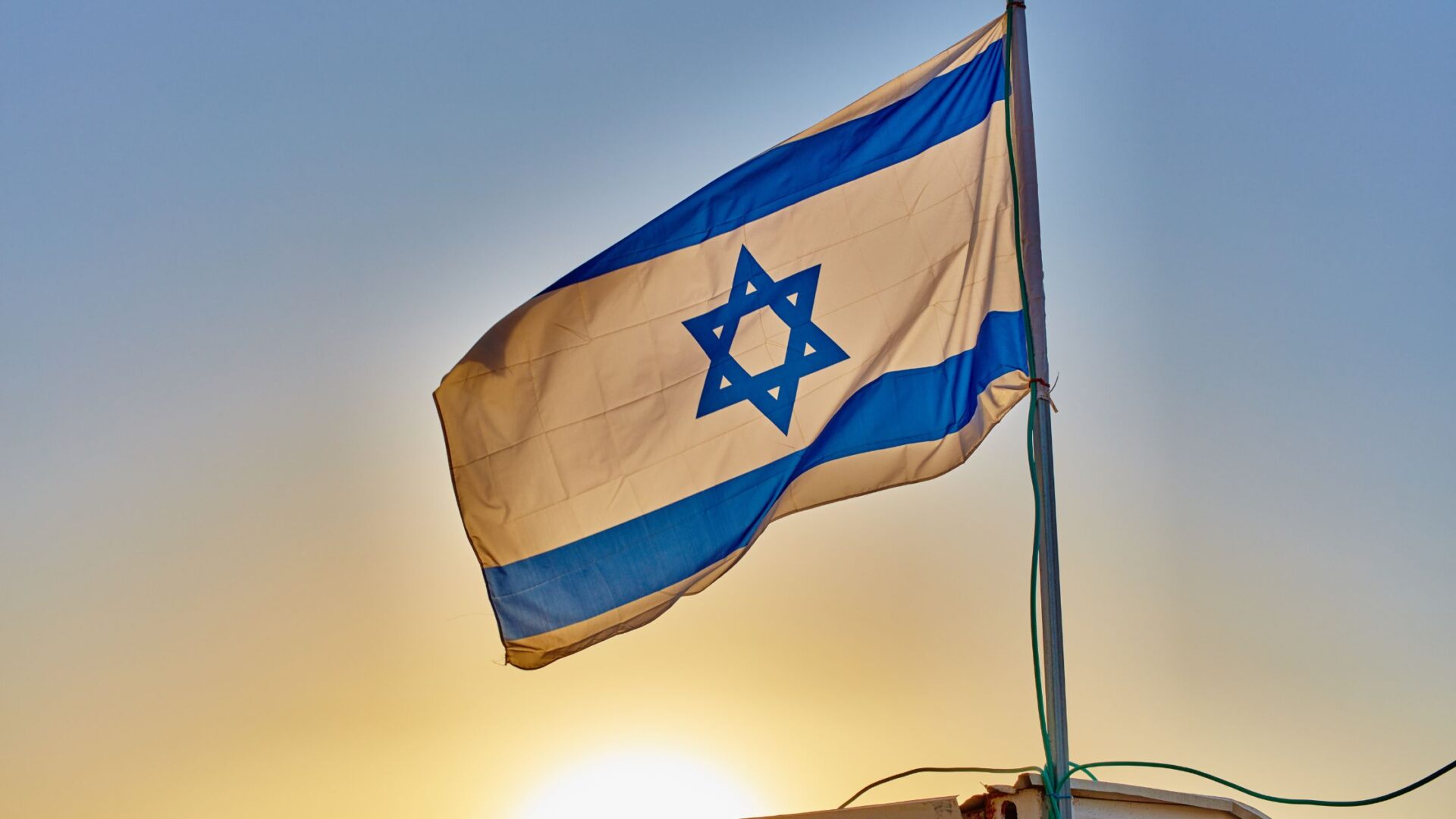Key Takeaways
- Israeli prime minister orders powerful strikes after reported ceasefire violations
- Gaza reports at least 94 Palestinians killed and over 344 wounded in the latest breaches
- Hamas denies breaking the truce and delays handing over hostage remains
- Observers say media underreports Israeli ceasefire violations amid mounting civilian crisis
Israel Responds to Ceasefire Violations with Powerful Strikes
After alleged Hamas fire at Israeli troops, Prime Minister Netanyahu ordered immediate strikes on Gaza. His office said the targets lay in southern Gaza where no soldiers were harmed. He said he would not let any ceasefire violations go unanswered. Moreover, he vowed to act strongly against any breach. Meanwhile, Israeli forces have carried out over 125 actions that Gaza officials call breaches. Those attacks have killed at least 94 Palestinians and wounded more than 344. The Gaza Government Media Office listed each alleged incident by date and type. Observers warn that each side’s moves risks more bloodshed. Despite calls for calm, Netanyahu said he will not tolerate any violation of the truce. Indeed, two years of war have left Gaza devastated. Residents face hunger, displacement, and a shattered health system. In total, nearly a quarter of a million Palestinians have died, been wounded, or gone missing. Unrest grows as civilians seek safety and answers.
Hamas Denies Ceasefire Violations, Plans Retaliation
Hamas strongly rejected Israel’s claim of any ceasefire violations. The group said it had not fired at troops during the truce. Instead, Hamas accused Israel of hundreds of breaches over months. It noted 125 incidents since October tenth, accusing Israeli forces of killing or wounding hundreds. As a result, Hamas said it will delay handing over the remains of 13 hostages. Those hostages include soldiers and civilians taken on October seventh. Hamas said it recovered one more body and will release details later. Moreover, it stressed that it expects Israel to respect the truce fully. It warned of fresh actions if attacks continue. Observers say the delay on body returns aims to leverage negotiations. Meanwhile, families of missing hostages fear for their loved ones. They call on both sides to keep the deal alive. However, trust remains low amid ongoing strikes and blame on both sides. In turn, Gaza residents feel trapped between warring forces.
Court Drama Amid Ceasefire Violations and Hostage Tensions
Netanyahu also faced legal drama the same day. He appeared in Jerusalem court for his fraud trial. Critics say he uses the war to delay his trial. They claim each strike order extends his legal calendar. However, the prime minister denies any political motive. Meanwhile, relatives of hostages accuse the government of slowing talks for personal gain. They want an end to the conflict and safe returns. Additionally, the new strikes came after reported hostage body swaps fell apart. Hamas said Israel tried to hide information on remains from the October attack. This sparked fresh anger among both sides. Observers say the court drama distracts from addressing ceasefire violations on the ground. Israeli leaders insisted on full disclosure before any deal. As a result, withholding bodies became a key sticking point. Both parties now trade blame in public statements. Yet civilians bear the brunt of this stalemate. They live in constant fear and uncertainty.
Human Cost and Media Silence
The humanitarian toll in Gaza has reached staggering levels. Entire neighborhoods lie in ruins after repeated attacks. Families scramble for food, water, and shelter amid the rubble. Medical staff work around the clock with scarce supplies. Almost a quarter million people have been killed, wounded, or are missing. Most homes lack electricity or clean water. Schools and clinics serve as makeshift shelters. People fear every knock that might signal another strike. Meanwhile, media coverage remains uneven. Many outlets highlight rocket fire but ignore reports of ceasefire violations by Israeli forces. Moreover, major news agencies rarely tally Palestinian losses or list alleged incidents. This gap leaves global audiences with a skewed view. Activists and journalists call for balanced reporting. They argue that full transparency could pressure leaders to hold honest talks. Despite this, the cycle of violence enters yet another phase. Each breach and each retaliation pushes civilians closer to despair. They crave calm and a real truce they can trust. Until then, Gaza’s future stays uncertain.
Frequently Asked Questions
What triggered the latest round of strikes by Israel?
Israel says Hamas fired at troops during the truce, prompting Netanyahu to order strikes.
How many ceasefire violations have been reported?
Gaza officials report 125 alleged violations by Israel since October tenth.
Why is Hamas delaying the return of hostage remains?
Hamas denies any breach and says it will wait for full respect of the truce.
How has media coverage handled these events?
Many outlets focus on rocket fire but overlook reports of Israeli ceasefire violations.
